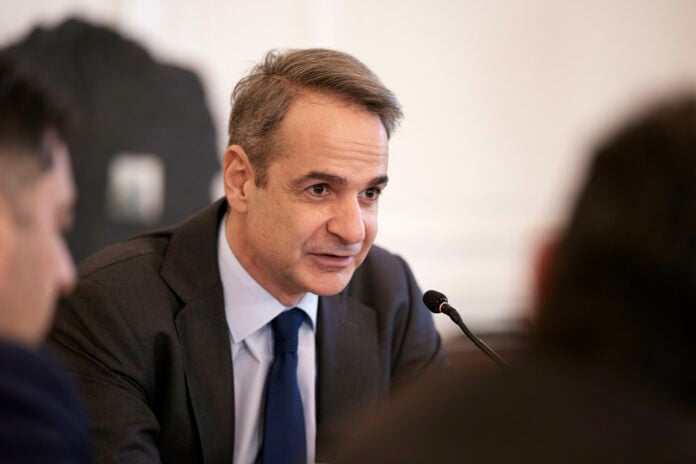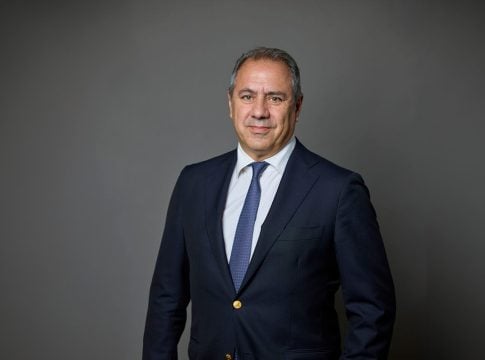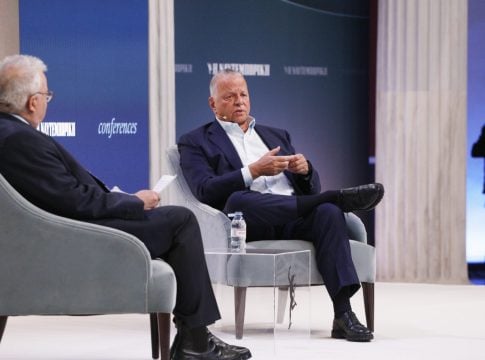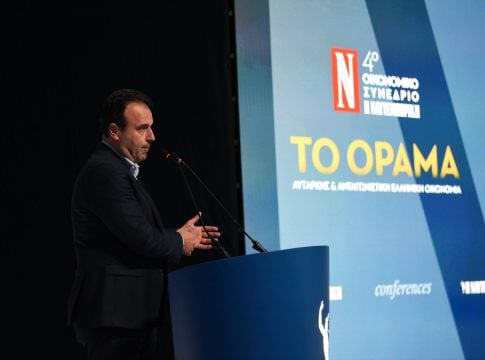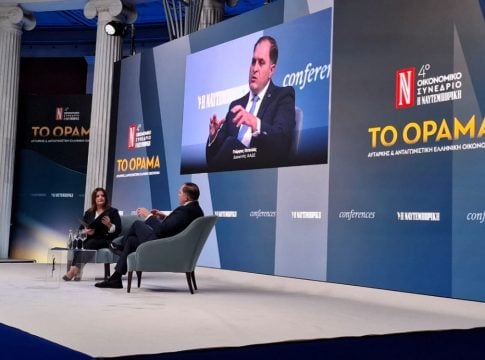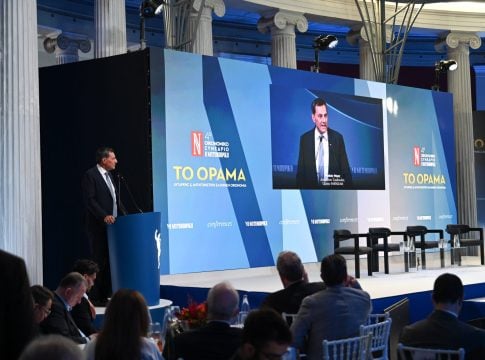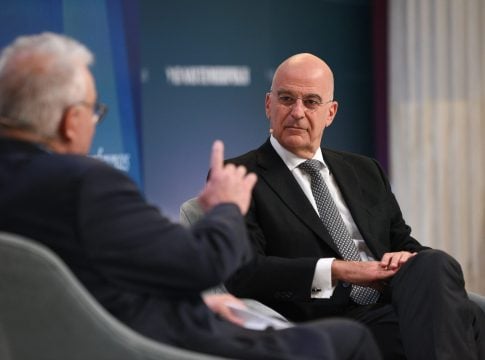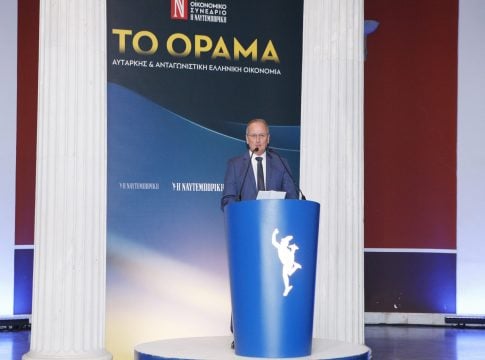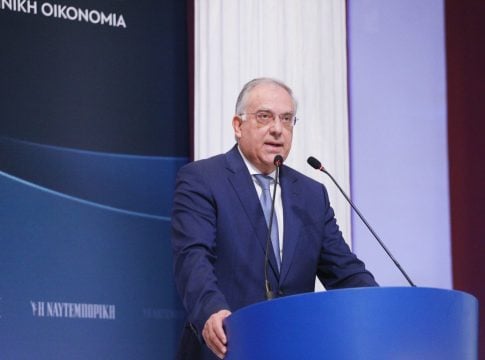The government is closely monitoring developments on the geopolitical scene and is focusing on the need for Europe to adopt a common stance on critical issues.
The way in which the new US President Donald Trump is acting has surprised Europeans, who have been forced to react quickly and readjust their strategy on a number of issues.
At the same time, Athens is also concerned about how the Turkish president, who is persistently seeking a stronger role in the region, will proceed in the coming period, which may lead him to take a harder line. The US president has not yet revealed how he sees developments in the Eastern Mediterranean and at this juncture, no substantial developments are expected in the Greek-Turkish dialogue.
Regarding relations between Athens and Washington, the government noted that they are strategic and recalled that there was constructive cooperation with the US side during Donald Trump’s first term. “We therefore have every reason to believe that something similar will happen now,” Foreign Minister George Gerapetritis, noted speaking to the Greek-American newspaper “The National Herald.” It should be noted that Gerapetritis is visiting the US and is expected to meet with his US counterpart Marco Rubio. On Greek-Turkish relations, Athens wants the channels of communication to remain open, so that any differences that exist do not generate tension. However, it is also recognized that in a new geopolitical setting it is not easy to turn the discussion to a “heavy agenda”, while the red lines have been clearly set.
“Greece has made it clear that it will not discuss issues of sovereignty. We recognize one and only one dispute that can be brought before international jurisdiction, namely the delimitation of the continental shelf and the Exclusive Economic Zone,” Gerapetritis stated. At the same time, he pointed out that “Turkey continues to link the discussion on delimitation to the resolution of other issues, which cannot be accepted. Therefore, the positions of the two countries are significantly different.” He concluded that the dialogue should not stop and noted that “we do not have the luxury of inertia and immobility.”


